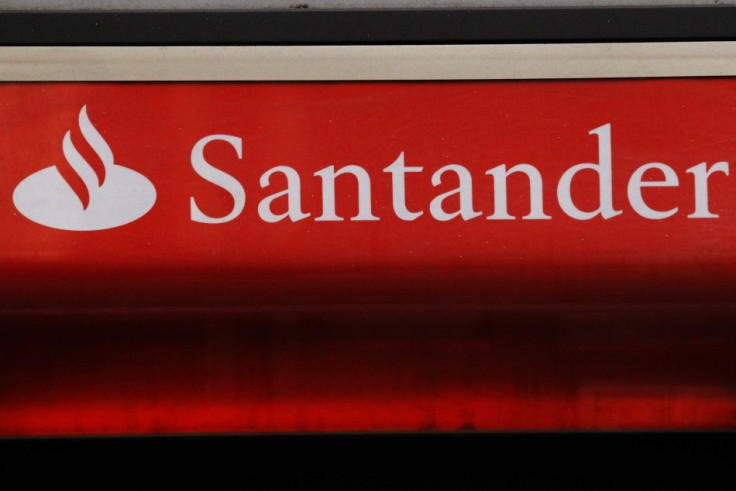Spanish Stock Market Plunges Near '09 Low, Fears Reignited

The Spanish stock market plunged on Thursday, closing just 1.3 percent above its March 2009 low and reigniting fears about the euro zone sovereign debt crisis and the weak U.S. labor market.
The Spanish IBEX benchmark index fell 2.42 percent to close at 6,908.1, a drop of 43 percent from the January 2010 high.
Spanish shares traded on the New York Stock Exchange also plunged on Thursday. Banco Bilbao Vizcaya Argentaria SA (ADR) (NYSE: BBVA) fell 3.71 percent, Telefonica S.A. (ADR) (NYSE: TEF) dropped 2.60 percent and Banco Santander, S.A. (ADR) (NYSE: STD) plunged 3.71 percent.
The Italian stock market, down 2.01 percent, is near its lowest level since November 2011 and 42 percent below the October 2009 high.
The costs of insuring Spanish and Italian sovereign debt against default, moreover, have steadily risen in April, with Spain's near a record high.
Market sentiment on Thursday was hit by a disappointing U.S. weekly unemployment claims report and Spain's debt auction, which attracted ample demand but at higher yields than past comparable auctions.
From a broader view, the deterioration of market conditions in April could be interpreted as the resurgence of private sector weakness as government stimulus measures faded.
In the first three months of 2012, the market was buoyed by the European Central Bank's massive €1 trillion ($1.3 trillion) cash injection to the region's banks and hopes that the Federal Reserve would roll out a third round of quantitative easing.
Many experts, however, expected this government-induced optimism to be short-lived and underlying private sector problems to resurface.
Early in April, famed economist Nouriel Roubini of Roubini Global Economics said that Europe's short vacation was over and that the euro zone debt crisis was back.
Roubini cited the still-unresolved problems of economic recession, front-loaded austerity measures and uncompetitive peripheral, or southern, euro zone members.
Back in February, legendary bond manager Jeffery Gundlach of DoubleLine Capital expressed his pessimism on global risk assets and warned about the weak U.S. labor market and the indebted euro zone sovereigns, or what he called the twin tower of risk.
Now, as financial market conditions continue to deteriorate, every conversation comes back to when will central bankers roll out more monetary stimulus, said Peter Boockvar, equity strategist at Miller Tabak, an institutional trading firm.
Boockvar thinks Germany, the biggest economy of the euro zone, prefers to wait as long as possible. In the U.S., help from the Federal Reserve may come only after double-digit declines in stocks, he said.
© Copyright IBTimes 2024. All rights reserved.





















